UCSF News reports on the latest research of the Bivona Lab into the mechanism of acquired resistance of patients' tumors to targeted drug therapy in non-small cell lung cancer (NSCLC).
Capitalizing on a rare opportunity to thoroughly analyze a tumor from a lung cancer patient who had developed resistance to targeted drug treatment, UC San Francisco scientists identified a biological escape hatch that explains the resistance, and developed a strategy in mice for shutting it down.
In experiments that combined the drug the patient had taken with a second compound that blocks off this newly discovered resistance pathway, the researchers were able to durably wipe out cancer cells in mice implanted with cells from the drug-resistant tumor.
“Even in cancers that are responding to targeted therapy by conventional criteria, resistance is already developing,” said the senior author of the new study,Trever Bivona, MD, PhD, assistant professor of medicine and member of the UCSF Helen Diller Family Comprehensive Cancer Center (HDFCCC). “In this work we have begun to crack open the question of why residual disease persists after targeted therapy.”.............
Understanding the biological basis of acquired resistance has proved difficult, partly because patients with late-stage lung cancer rarely undergo surgery, leaving scientists with few drug-resistant tumors to use in research. But as described in the online edition of Cell Reports on Thursday, April 2, 2015, a team of UCSF researchers recently had unusual access to a surgically resected tumor from an EGFR-mutant lung cancer patient who had experienced a substantial, but incomplete, response to erlotinib.
Led by first authors Collin Blakely, MD, PhD, a clinical instructor at UCSF, and Evangelos Pazarentzos, PhD, a postdoctoral fellow, the research group analyzed cells from this tumor using next-generation genome sequencing in an effort to understand how the cells sidestepped erlotinib treatment. They found that the tumor cells retained the EGFR mutation targeted by erlotinib and had not acquired additional cancer-driving mutations, or any other mutations known to confer drug resistance. These results suggested that the cells were still potentially susceptible to erlotinib, but had enlisted some additional mechanism to survive treatment......
Read full article at UCSF News
Published online: April 2, 2015 in Cell Reports
